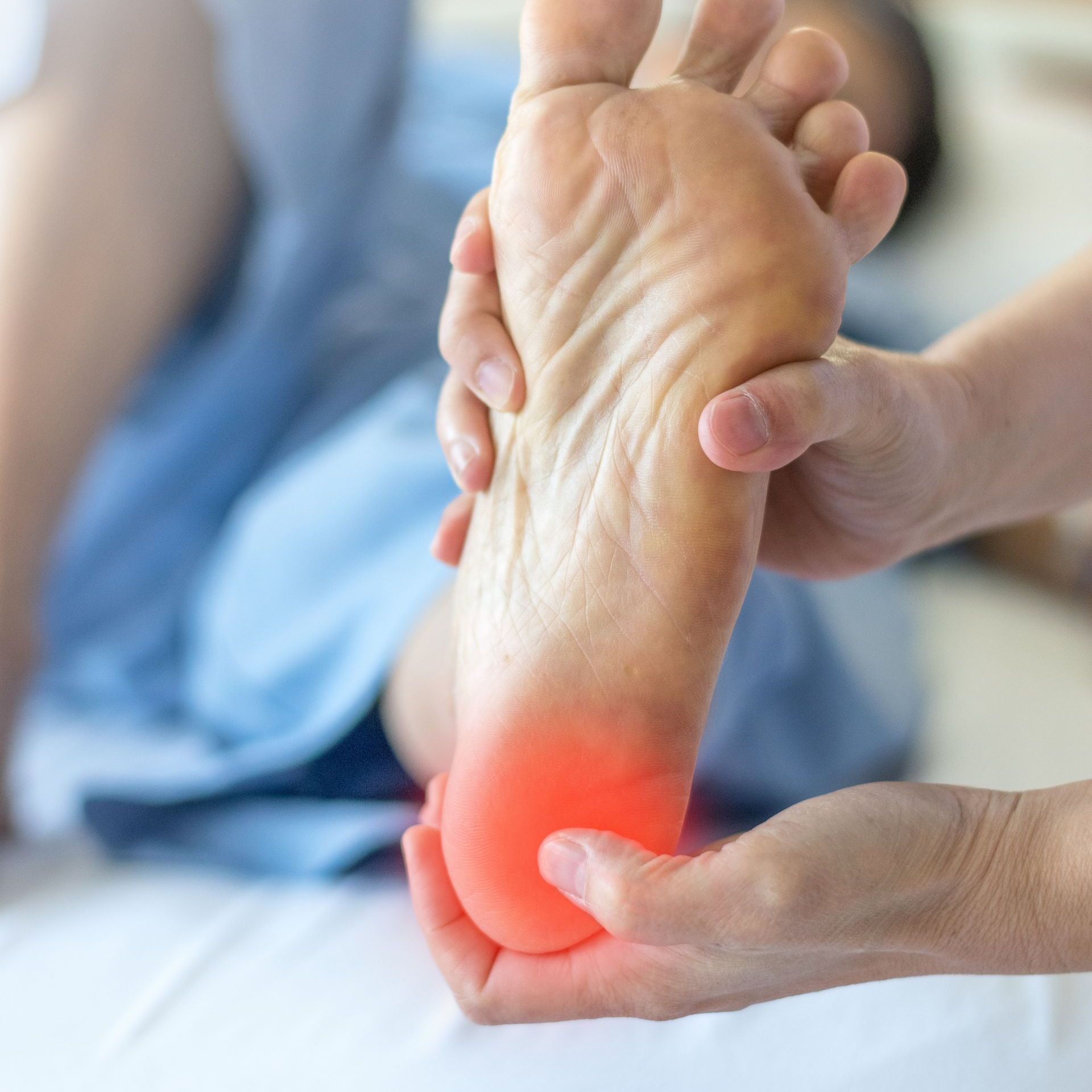Plantar Fasciitis

Relief for Stubborn Heel Pain
Plantar Fasciitis Diagnosis and Treatment
Plantar fasciitis is one of the most common causes of heel pain, often felt most sharply with the first steps you take in the morning. At Performance Foot & Ankle Specialists, LLC, Dr. Joel Segalman and Dr. Stephen Lazaroff provide expert diagnosis using in-office ultrasound and create personalized treatment plans to ease pain and restore mobility. From custom orthotics and stretching therapies to advanced options like laser treatment and shockwave therapy, we focus on addressing the source of inflammation and helping you return to your daily activities without discomfort.
Start Your Journey to Wellness Today
Talk With Foot and Ankle Specialist Today!
Ready to take the first step towards healthier, pain-free feet? Contact us to schedule an appointment or to learn more about our foot and ankle services. Our dedicated podiatric team is here to provide personalized care and answer any questions you may have about your lower extremity concerns. Reach out today and let us help you achieve optimal foot health and mobility for an active lifestyle.
Schedule an Appointment
Choose the location that’s most convenient for you and book by phone or online:
- Waterbury, CT – (203) 755-0489 | Schedule Online
- Newtown, CT – (203) 270-6724 | Schedule Online

